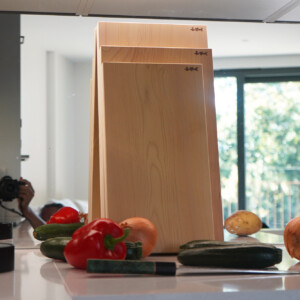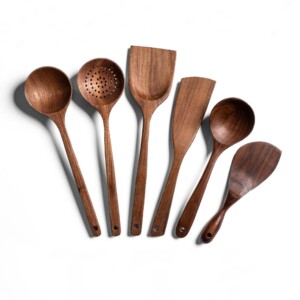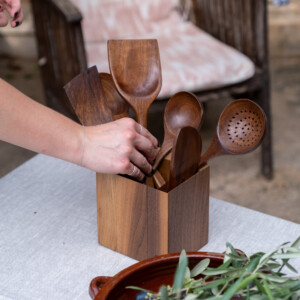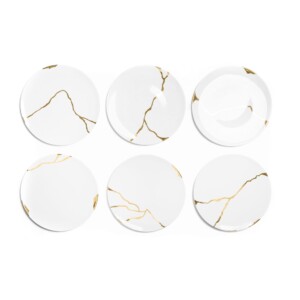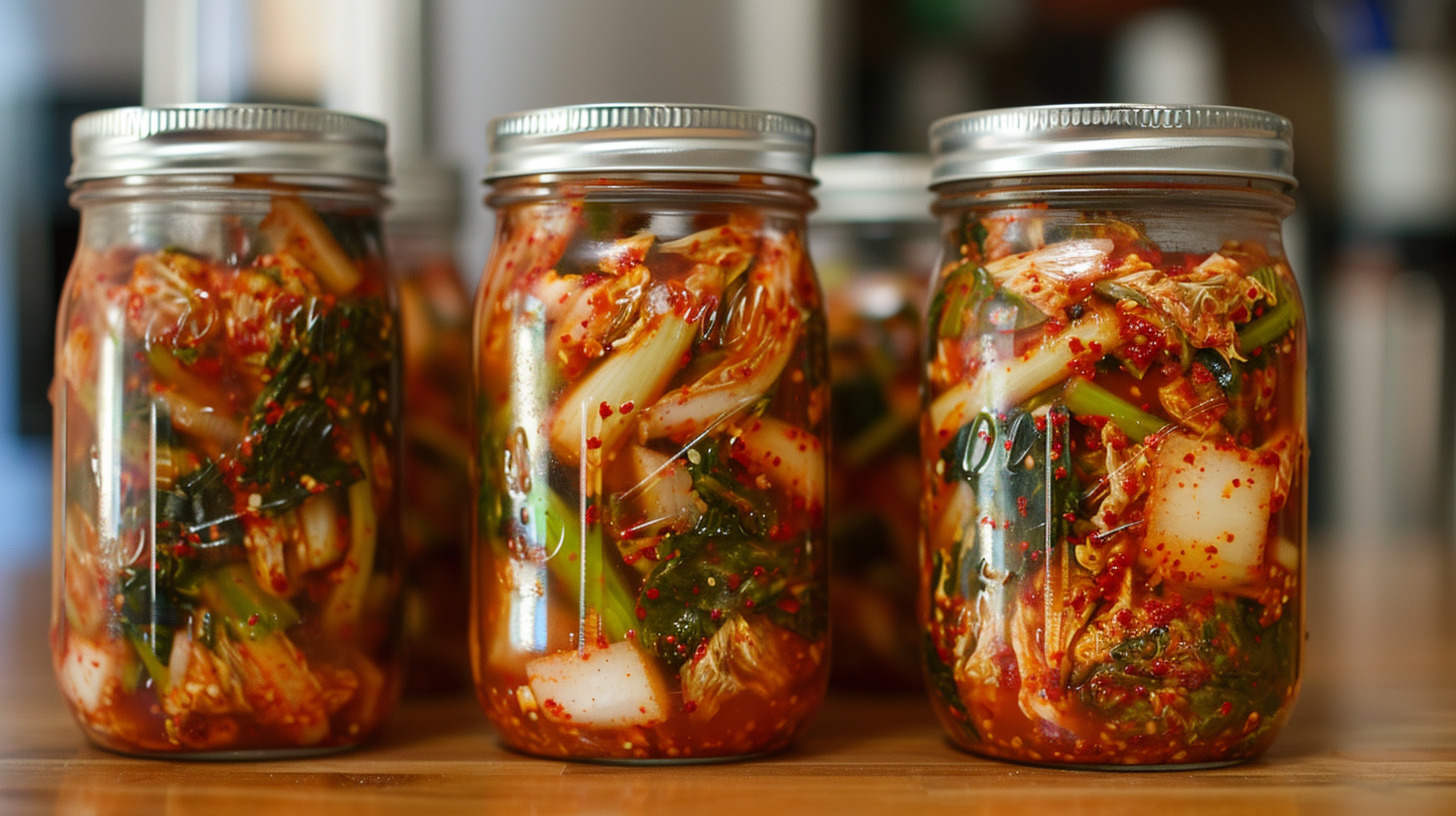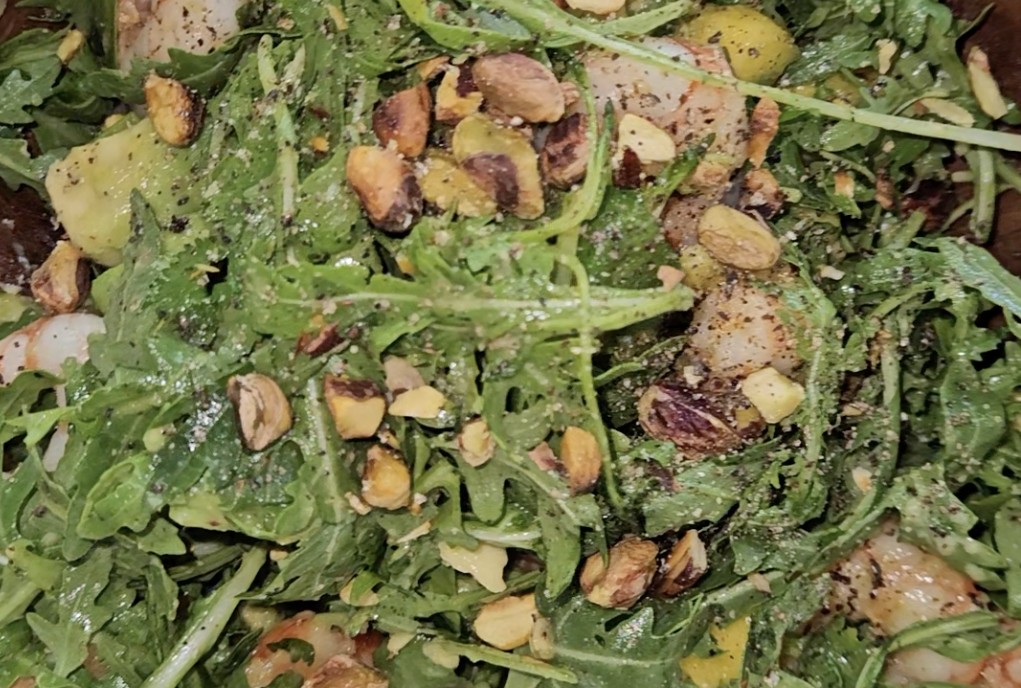Exploring the real costs, benefits, and life-changing impact of where you choose to nourish yourself – and why the answer might surprise you.
In our fast-paced world, the daily question of “what’s for dinner?” has evolved into something much more complex: should you cook at home or eat out? This seemingly simple choice affects your health, wallet, relationships, and overall quality of life in ways that extend far beyond mere convenience.
At Oishya, we’ve witnessed countless customers transform their lives through the simple act of cooking more at home. But we also understand that modern life demands flexibility and balance. The truth is, both cooking at home and dining out have their place in a well-lived life – the key is understanding when each serves you best.
The Hidden Costs of Eating Out
Your Wallet Tells the Story
The financial impact of frequent dining out adds up faster than most people realize. The average restaurant meal costs between £15-25 per person, while a home-cooked equivalent typically runs £4-8. For a family of four eating out twice weekly, that’s potentially £6,000+ annually versus £2,000 for home cooking equivalent meals.
But the real eye-opener comes from tracking your monthly food expenses. Many people discover they’re spending 60-70% of their food budget on restaurants and takeaway, leaving little room for quality ingredients at home. This creates a cycle where cooking feels expensive because you’re not investing in the tools, ingredients, and skills that make home cooking efficient and enjoyable.
The Health Premium You’re Paying
Restaurant meals average 200-300 more calories than home-cooked equivalents, with significantly higher sodium, sugar, and unhealthy fat content. Even “healthy” restaurant options often contain hidden calories through cooking methods, portion sizes, and ingredient choices you wouldn’t make at home.
Consider that most restaurant vegetables are cooked in far more oil and salt than necessary, portions are super-sized to justify pricing, and ingredient quality varies wildly based on cost pressures. When you cook at home, you control every element – from the quality of your olive oil to the amount of salt in your vegetables.
Time: The Surprising Truth
Here’s where conventional wisdom gets challenged. While grabbing takeaway feels faster, the total time investment often rivals home cooking when you factor in ordering, waiting, pickup or delivery, and cleanup of containers and packaging.
A well-planned home cooking routine – with proper tools like sharp knives, efficient prep techniques, and meal planning – can produce restaurant-quality meals in 20-30 minutes. The difference is that home cooking time is active, engaging, and skill-building, while restaurant waiting time is passive and often frustrating.
The Life-Changing Benefits of Home Cooking
Reclaiming Control Over Your Health
When you cook at home, you become the curator of your nutrition. You choose organic vegetables, control sodium levels, and ensure fresh, high-quality ingredients. You can accommodate dietary restrictions, allergies, and personal preferences without compromise or extra charges.
Home cooking also allows you to develop intuitive eating habits. You understand portions because you’re serving them, you appreciate ingredients because you’re selecting them, and you connect with the cooking process in ways that make mindful eating natural rather than forced.
The Mindfulness Advantage
Cooking engages all your senses and demands present-moment attention in ways that few other daily activities can match. The rhythmic chopping of vegetables, the sizzle of onions hitting hot oil, the aromatic build-up of flavors – these experiences ground you in the present moment and provide natural stress relief.
This mindful aspect of cooking explains why many people find meal preparation therapeutic after stressful days. Unlike passive entertainment, cooking requires active engagement while producing tangible, nourishing results.
Building Connections and Traditions
Home cooking creates opportunities for connection that restaurants simply cannot replicate. Preparing meals together, teaching children kitchen skills, sharing family recipes, and creating new traditions around food – these experiences build relationships and memories that last lifetimes.
The Japanese concept of ichigo ichie – treasuring each moment as unique and unrepeatable – applies beautifully to shared cooking experiences. Each meal prepared together becomes a small celebration of community and care.
Developing Life Skills and Confidence
Every time you successfully prepare a meal, you’re building competence and self-reliance. Cooking skills compound over time – techniques learned making one dish apply to dozens of others. The confidence that comes from creating something delicious and nourishing with your own hands affects how you approach challenges in other areas of life.
This skill development also provides insurance against life changes. Economic uncertainties, health challenges, or major life transitions become more manageable when you have the foundation of being able to nourish yourself and your family well.
When Eating Out Serves You Best
Celebrating Special Occasions
Restaurants excel at creating memorable experiences for celebrations, date nights, and special occasions. The atmosphere, service, and escape from daily routines make dining out perfect for marking important moments or treating yourself.
The key is treating restaurant meals as occasions rather than defaults. When eating out becomes special again rather than routine, you appreciate it more and make better choices about where and what you eat.
Exploring Culinary Horizons
Restaurants offer access to cuisines, techniques, and flavor combinations that might be challenging to replicate at home. This exposure can inspire your home cooking and expand your palate in ways that benefit your overall food relationship.
Think of restaurant experiences as culinary education – observe techniques, taste new flavor combinations, and note preparations you might want to attempt at home.
Social and Professional Obligations
Some social and business situations genuinely require restaurant settings. The key is making conscious choices about these occasions rather than defaulting to eating out from habit or convenience.
Creating Your Personal Balance
The 80/20 Approach
Many successful home cooks follow an 80/20 rule – cooking at home 80% of the time while enjoying restaurants 20% of the time. This balance provides the health and financial benefits of home cooking while maintaining flexibility for social occasions and culinary exploration.
Meal Planning as Liberation
Effective meal planning eliminates the daily decision fatigue that leads to default restaurant choices. When you know what you’re cooking and have ingredients ready, home cooking becomes automatic rather than stressful.
Start with planning just 3-4 home-cooked meals per week, leaving flexibility for unexpected restaurant occasions or simple meals like salads or leftovers.
Investing in Success
Quality tools make home cooking dramatically more enjoyable and efficient. Sharp knives, good cookware, and proper storage containers aren’t expenses – they’re investments in your long-term health, finances, and cooking enjoyment.
Consider that a high-quality chef’s knife costs less than a few restaurant meals but will enhance thousands of home-cooked meals over its lifetime.
The Compound Benefits of Choosing Home
Financial Freedom
The money saved from cooking at home regularly can fund other life priorities – travel, hobbies, savings, or higher-quality ingredients and kitchen tools. Many people find that investing their restaurant budget into exceptional ingredients and tools creates a more satisfying food experience overall.
Health Transformation
Consistent home cooking leads to natural weight management, better energy levels, and reduced risk of diet-related health issues. The control over ingredients, portions, and cooking methods compounds into significant health benefits over time.
Skill Development
Cooking skills improve exponentially with practice. What feels challenging initially becomes second nature, opening up increasingly sophisticated and satisfying cooking experiences.
Family and Relationship Benefits
Families that cook together regularly report stronger relationships, better communication around food and health, and children who are more adventurous eaters and more capable in life skills.
Making the Transition Sustainable
Start Small and Build
Begin with one or two additional home-cooked meals per week. Master a few simple, satisfying recipes before expanding your repertoire. Success builds on success.
Prepare for Obstacles
Identify your personal barriers to home cooking – time, energy, skill, or motivation – and address them systematically. If time is the issue, focus on efficient recipes and meal prep. If skill feels limiting, invest in learning proper knife techniques and basic cooking methods.
Create Systems That Support You
Develop routines around grocery shopping, meal planning, and kitchen organization that make home cooking feel effortless rather than overwhelming.
The Bigger Picture: Food as Self-Care
Ultimately, the choice between cooking at home and eating out reflects how you prioritize self-care, financial health, and personal growth. Home cooking represents an investment in yourself – your health, your skills, your relationships, and your future.
This doesn’t mean never eating out or feeling guilty about restaurant meals. It means making conscious choices about how you nourish yourself and recognizing that the simple act of preparing your own food is one of the most fundamental forms of self-care available.
Conclusion: Your Kitchen, Your Life
The question isn’t really whether cooking at home or eating out is “better” – it’s about creating a sustainable balance that serves your health, finances, relationships, and life goals. For most people, this means embracing home cooking as the foundation while enjoying restaurants as special occasions and culinary inspiration.
The investment you make in learning to cook well – in quality tools, fresh ingredients, and developing skills – pays dividends that extend far beyond food. You’re investing in independence, health, creativity, and the simple satisfaction of creating something nourishing with your own hands.
Every meal you prepare at home is a vote for the life you want to live – one where you have control over your health, where you connect with loved ones around shared experiences, and where you develop the confidence that comes from mastering essential life skills.
At Oishya, we believe that cooking at home should be a source of joy, not stress. Our handcrafted Japanese knives are designed to make every cutting task feel effortless, transforming meal preparation from a chore into a mindful, satisfying practice that nourishes both body and soul.





